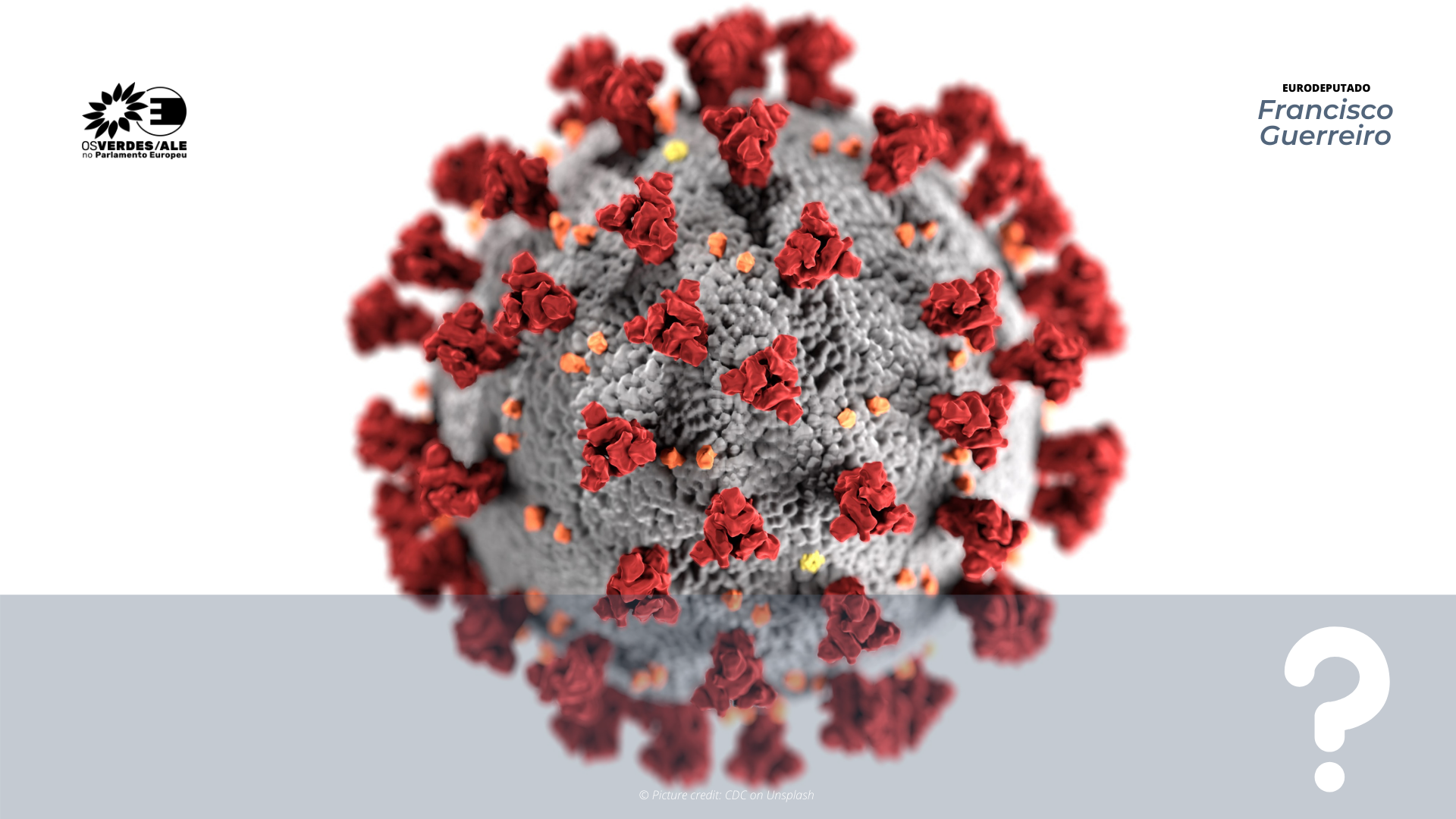
Question to the EC: COVID-19 – The Commission's important role of warning and speaking out against actions by third countries in spite of the international repercussions
See Francisco Guerreiro’s question to the European Commission and the written answer on COVID-19 and the Commission's important role of warning and speaking out against actions by third countries in spite of the international repercussions.
Subject: COVID-19 – The Commission's important role of warning and speaking out against actions by third countries in spite of the international repercussions
COVID-19 is believed to have originated in the traditional exotic animal markets of Wuhan (China), where an unlikely assortment of living and dead animals are kept under conditions liable to spread disease. These markets operate in breach of the health, hygiene and animal welfare standards recommended by international agencies such as the World Health Organisation or World Organisation for Animal Health.
Since this is not the first international disease outbreak in recent decades thought to originate from such markets, will the Commission continue to refrain from interfering actively and critically on issues which touch on the cultural sensitivities of certain nations, but which have obvious negative cross-border implications for human health and well-being?
Given that the safety and stability of the EU is at stake, does the Commission plan to warn China of the need to impose effective food hygiene and safety standards and ban the trade in exotic animals?
Will the Commission speak out against the Chinese Government for allegedly failing to inform international organisations of the outbreak in its first few weeks, when a large number of people had already been infected, and condemn such behaviour if proven to be true?
Answer in writing
The Chinese Authorities and the international scientific community cannot yet confirm the origin of COVID-19. According to the information received from the Chinese authorities, China closed many of the so-called wet markets, including in Wuhan and surrounding areas, and took measures to ban trade and consumption of wild animals. The EU does not import any live animals from China, apart from ornamental fish.
With regard to food of animal origin, the World Health Organisation (WHO) and the World Organisation for Animal Health (OIE) advise against trade restrictions based on the information available(1). A detailed risk assessment carried out by the European Food Safety Authority came to the same conclusion(2). There is no evidence that food is a source of COVID-19.
The legally binding International Health Regulations (2005) include reporting obligations for countries to WHO in case of unexpected or unusual public health events and all events within their territory which may constitute a public health emergency of international concern(3).
The Commission will continue to cooperate intensively with the WHO, OIE and other partners, including China, to share scientific information on the source and spread of COVID-19 and best practices on its control.
(1) https://www.oie.int/en/scientific-expertise/specific-information-and-recommendations/questions-and-answers-on-2019novel-coronavirus/
(2) https://www.efsa.europa.eu/en/news/coronavirus-no-evidence-food-source-or-transmission-route
(3) https://www.who.int/ihr/publications/9789241580496/en/
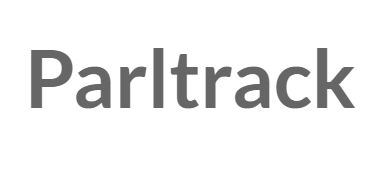

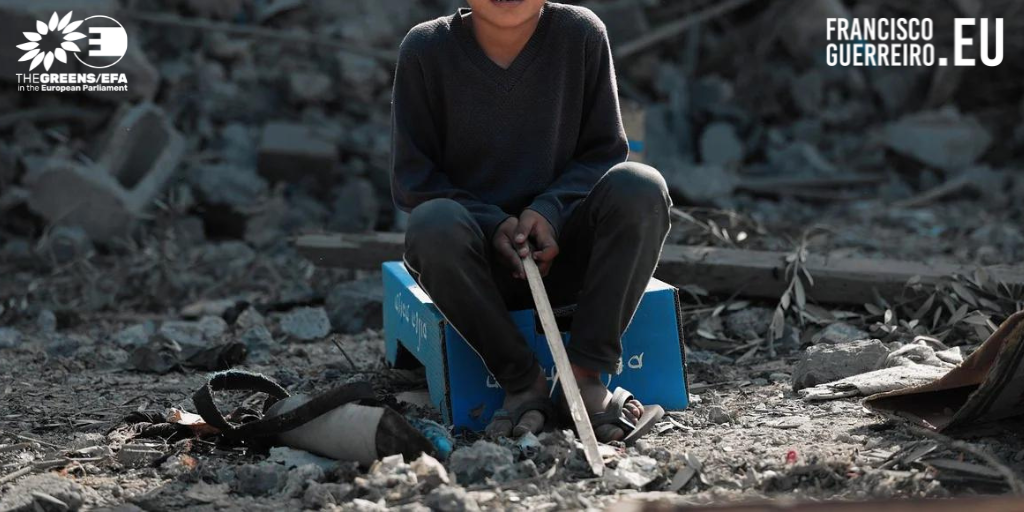
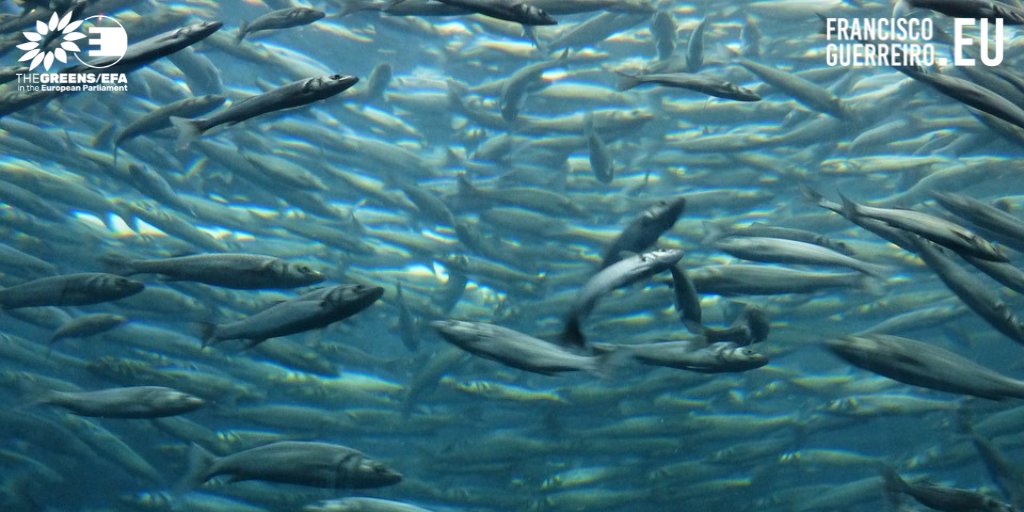
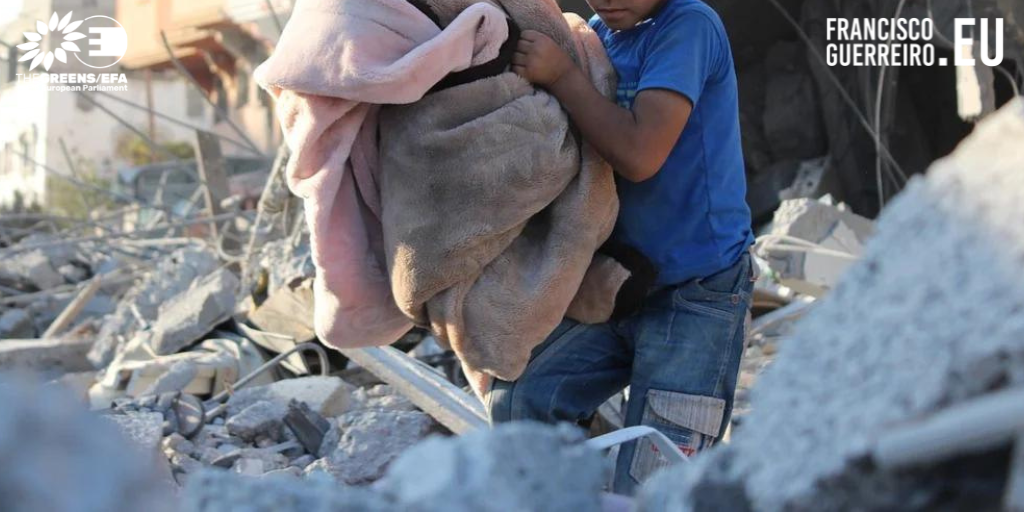
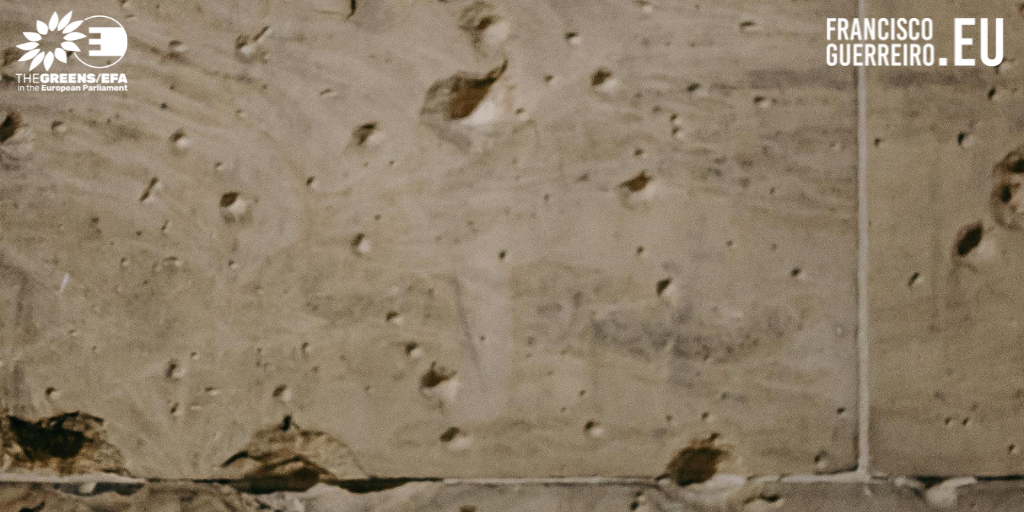
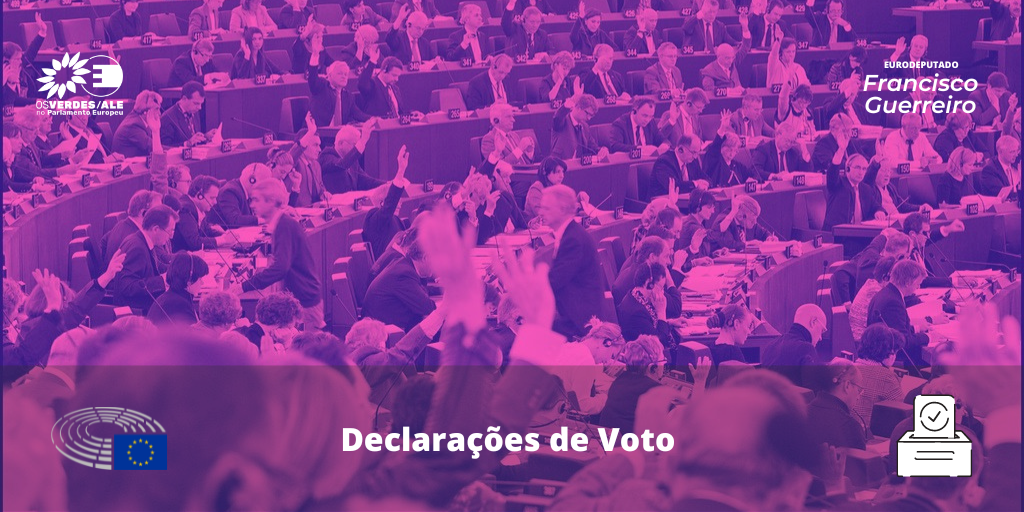
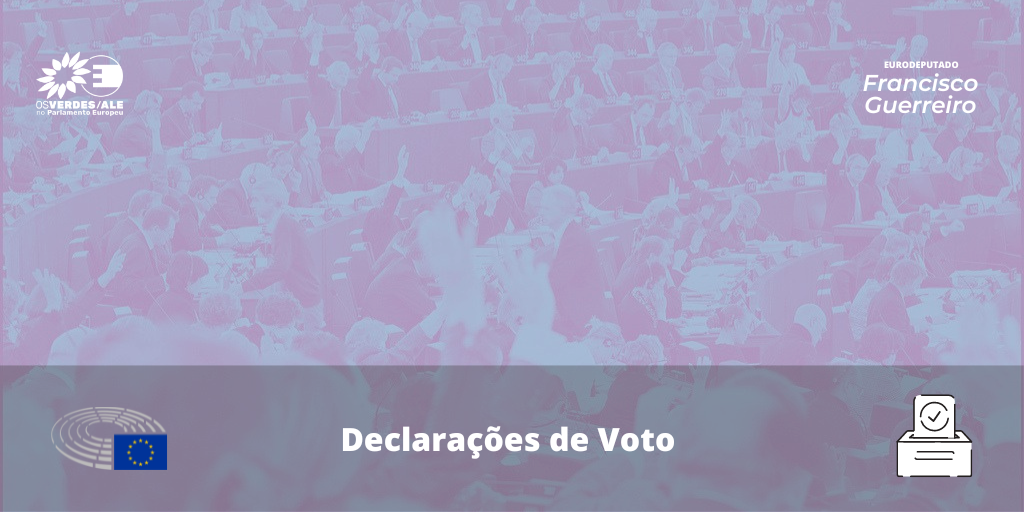
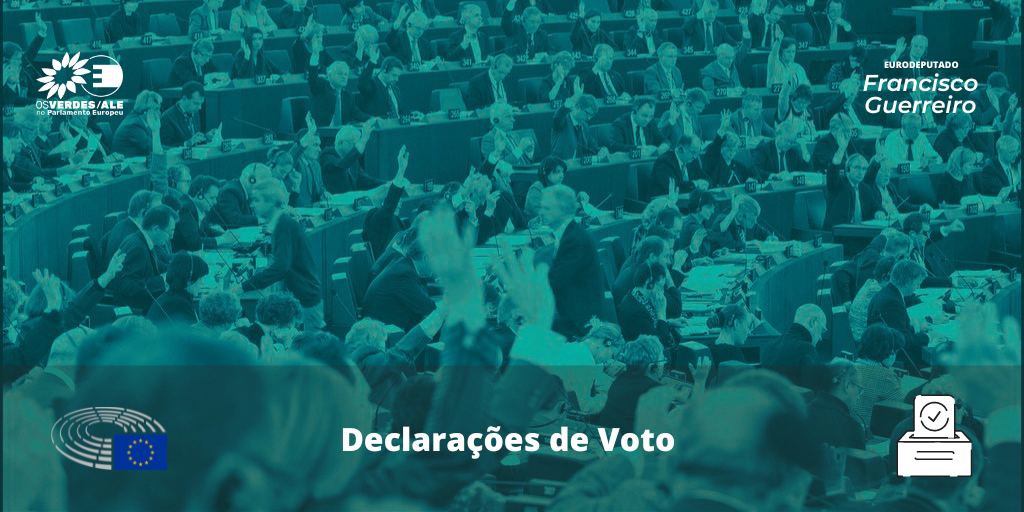
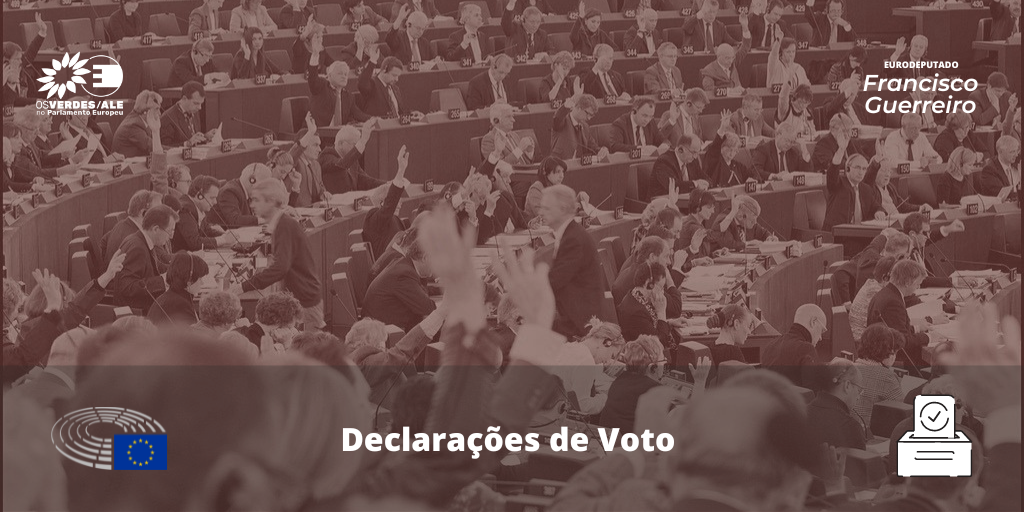
ParlTrack - Francisco Guerreiro considered one of the most productive MEPs
Monday, 01 July 2024
The analytical website ParlTrack has recorded all the parliamentary actions of MEPs during the 2019-2024 term, considering Francisco Guerreiro one of the most productive.READ MORE